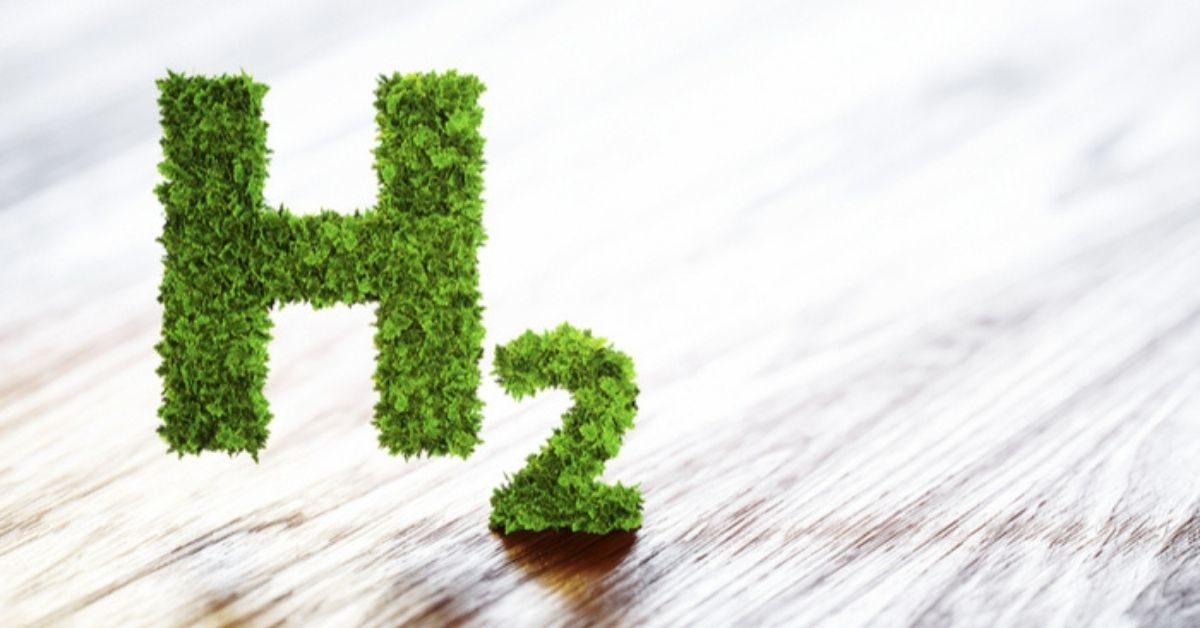Singapore has set a new pathway to accelerate the transition to net zero emissions with hydrogen seen as a major energy source that could supply up to half of the country’s power needs by 2050. The city-state has tightened its national climate target and plans to achieve net zero emissions by 2050 and peak its emissions before its previously stated deadline of 2030.
Low-carbon hydrogen, including its derivatives such as ammonia, has emerged as a key potential pathway for Singapore, Deputy Prime Minister and Minister for Finance, Lawrence Wong, said in a speech at Singapore International Energy Week (SIEW).
“Hydrogen has the potential to be adopted across different sectors as a low-carbon fuel or feedstock. Hydrogen does not release any greenhouse gases when combusted. When produced through low emission methods such as through the electrolysis of water using renewable energy, it can have close to zero emissions,” said Wong.
He noted that hydrogen can complement and diversify the country’s power mix alongside solar, imported electricity, and other potential low-carbon energy sources such as geothermal energy. The country currently relies almost entirely on natural gas to generate power and imports renewable electricity from neighbouring countries such as Malaysia.
Wong further said that besides domestic emissions, low-carbon hydrogen and hydrogen-derived fuels are potential alternatives to fossil fuels in the maritime and aviation sectors. “As the busiest container transshipment port and one of the leading airhubs in the world, Singapore can be a catalyst for the global transition towards greener shipping and aviation.”
The government will take steps to prepare for hydrogen deployment domestically and work with partners to build a hydrogen supply chain in Asia. The strategy comprises five key thrusts.
The first step will see Singapore issue an expression of interest for a small-scale commercial project utilising low-carbon ammonia for power generation. “With this, Singaporeans may start to have access to electricity generated from low-carbon hydrogen from 2027,” Wong said, adding this step would also include developing ammonia supply chains to also support marine bunkering needs.
A further S$129m ($90.6m) will be set aside to support hydrogen research and development on top of the S$55m funding awarded in October.
Beyond that, the government will be working to develop hydrogen trading by creating standards and frameworks such as a guarantee of origin to certify the low-carbon origin of imported hydrogen. Land and infrastructure plans will also be developed to import, store and transform hydrogen into power.
Lastly, Wong finished by saying the adoption of hydrogen will bring about new economic opportunities for Singapore and its enterprises and workers. “Opportunities abound along the hydrogen supply chain – financing, trading, certifying, transporting, storage and deployment. We will work with industry and the education sector to support workforce training. This will put Singaporeans in good stead to capture new opportunities in the global hydrogen economy, he concluded.







